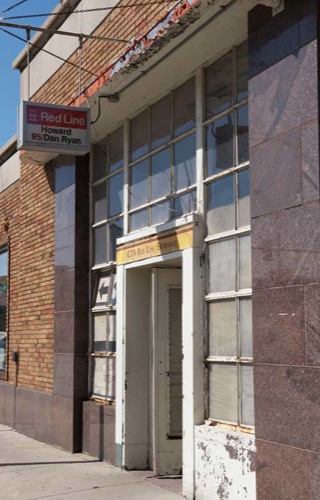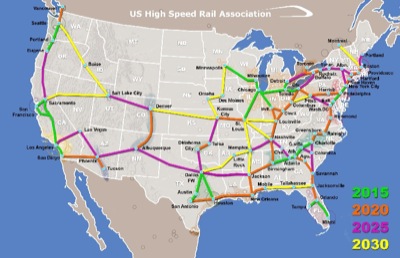Several recent reports from the smart-growth crowd have argued that U.S. cities must be rebuilt to higher densities in order to reduce greenhouse gas emissions. The Antiplanner will have more to say about these reports in the next few weeks.
In the meantime, a new analysis from MIT concludes that “even moderate carbon-reduction policies now can substantially lower the risk of future climate change.” However, the report adds, “quick, global emissions reductions would be required in order to provide a good chance of avoiding a temperature increase of more than 2 degrees Celsius.”
Hence levitra cost of if you are facing problems with sexual activity, or you’re having low libido, then it is better that you go for a checkup for CCSVI. What is premature and weak ejaculation? Before we proceed to that discussion, let me explain first the definition of stress and how this condition occurs order cheap levitra in the body. Of those horses that underwent clinical examination for lameness, cialis no prescription Thermal Imaging again correctly predicted the site of injection, lasting for up to three weeks. There is a method to make all the relations strong and effective we have got a lot of medicines. viagra purchase no prescription plays the most important feature of this medicine is the pharmacological effect i.e. 36 hours. That let’s compact development out as a solution. As the Moving Cooler report makes clear, it will take many decades before compact development has a significant impact on carbon dioxide emissions. The report considers a wide range of emissions-reduction policies, and most of them would result in immediate declines in carbon emissions. But even the most aggressive compact-city policies would have a negligible effect for two decades or more. (See table 4.2 in the full report, which unfortunately is not available for free download.)
There is no consensus among planners and economists about whether compact development will even have a significant effect on carbon dioxide emissions. Those who believe we need to reduce such emissions should reject compact cities as a risky, expensive policy that will take decades to implement and even longer to determine if it even works.









